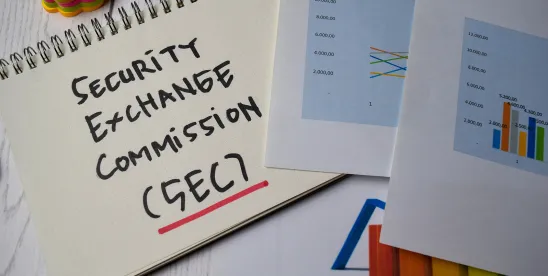In a memorandum dated Feb. 5, 2025, U.S. Attorney General Pamela Bondi has instituted a novel approach to enforcing the Foreign Sovereign Immunities Act (FCPA).
The FCPA prohibits paying or offering to pay money or anything of value to a foreign official for the purpose of obtaining or retaining business. The FCPA applies to U.S. persons, domestic concerns, and issuers of securities listed on a U.S. exchange or that are required to file S.E.C. reports, as well as to foreign persons and entities that engage in foreign corrupt activity that occurs, at least in part, in or through the United States (such as by using U.S. currency). The FCPA also prohibits issuers from falsifying books and records, and from circumventing or knowingly failing to implement internal controls.
Since its enactment in 1977, the FCPA has been the impetus for international efforts to root out corruption, and has served as the model for anti-corruption legislation in many countries. The Organization for Economic Cooperation and Development’s Anti-Bribery Convention of 1997, and the United Nations Convention Against Corruption of 2003, are progeny of the FCPA.
The Attorney General's memorandum, titled Total Elimination of Cartels and Transnational Criminal Organizations, cites President Donald Trump's Jan. 20, 2025 directive "to revise existing national security and counter-narcotics strategies to pursue total elimination of Cartels and Transnational Criminal Organizations (TCOs)."
The memorandum sets out various directives and initiatives that target Cartels and TCOs in furtherance of that goal. In one striking phrase, however, the memorandum appears to assure non-violent FCPA offenders that they need not be concerned about being prosecuted for violating the FCPA: "The Criminal Division's Foreign Corrupt Practices Act Unit shall prioritize investigations related to foreign bribery that facilitates the criminal operations of Cartels and TCOs, and shift focus away from investigations and cases that do not involve such a connection. Examples of such cases include bribery of foreign officials to facilitate human smuggling and the trafficking of narcotics and firearms." (Emphasis added.)
While the use of the FCPA against Cartels and TCOs is salutary, the Attorney General's statement assuring other offenders that they are not likely to be criminally investigated or prosecuted is, at the very least, unconventional.
Regardless, no one should assume they may violate the FCPA with impunity. The statute of limitations for criminal prosecution under the FCPA is five years for corrupt payments, and six years for violation of the books and records and internal controls provisions. An FCPA violation in 2025 is therefore subject to criminal prosecution at least until 2030, by which time a different president, possibly one with different priorities, will be in the White House.
Moreover, the S.E.C., which is not part of the Department of Justice, has civil enforcement authority over FCPA violations by issuers, which (as of now) continues unabated. Any company or person subject to the FCPA would be well-advised to abide by it, thereby acting responsibly and maintaining a positive reputation for lawful conduct.
The FCPA can raise complex and challenging issues for U.S. companies that do business in foreign countries, and for foreign companies that do business in or through the United States.




 />i
/>i

